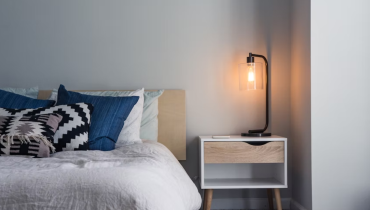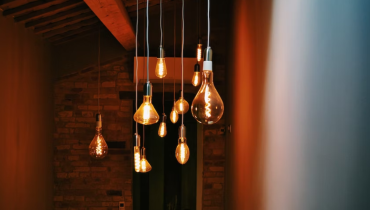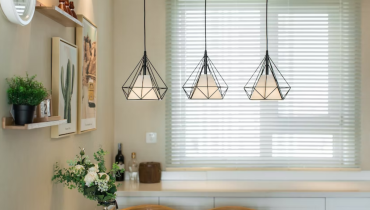Consider the Wattage
When it comes to choosing the right light bulbs for your home, wattage is an important factor to consider. The higher the wattage, the brighter the light bulb will be. However, keep in mind that higher wattage also means higher energy consumption. If you’re looking to save on your energy bill, opt for lower wattage bulbs.
The Temperature of the Light
The light bulbs in your home can have a big impact on the overall temperature of your living space. If you want to keep your home cool in the summer and warm in the winter, it’s important to choose the right light bulbs. Here are a few things to consider before buying lights for your home:
– The type of light bulb: There are many different types of light bulbs on the market, including incandescent, halogen, LED, and CFL. Each type of bulb has its own temperature range. For example, incandescent bulbs tend to emit a lot of heat, while CFLs and LEDs emit very little heat.
– The size of the room: The size of the room you’re trying to illuminate will also play a role in how much heat is emitted by your light bulbs. A small room will need less light (and generate less heat) than a large room.
By taking these factors into account, you can choose the best light bulbs for your home and ensure that your living space is comfortable all year long.
The Lumens
One of the most important things to consider when purchasing lights for your home is the lumen output. Lumens measure the amount of light that is emitted from a light source. The higher the lumen rating, the brighter the light will be. You’ll want to choose a light with a high lumen output if you’re looking for a bright, well-lit space.
Plus, don’t forget to take into account energy efficiency when choosing lights for your home. LED bulbs are typically the most energy-efficient option, followed by CFLs (compact fluorescent lamps). If you’re looking to save on your energy bill, choose lights with a high energy efficiency rating.
The Life Expectancy of the Bulb
When it comes to the life expectancy of a light bulb, there are several things to consider. The first is the type of bulb. Incandescent bulbs have a shorter life span than LED bulbs, for example. The second is how often the bulb is used. A bulb that is used more frequently will have a shorter life span than one that is used less often. Finally, the environment in which the bulb is used can also affect its life expectancy. Bulbs that are used in areas with high humidity or extreme temperatures will have a shorter life span than those used in more moderate environments.







